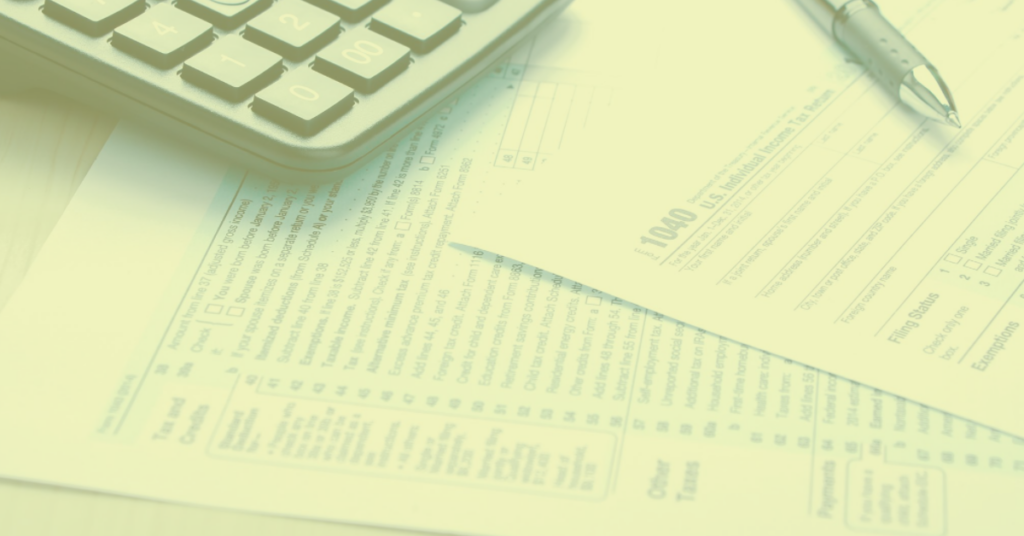
Great tax strategy starts with accurate bookkeeping — here’s what happens when it doesn’t
Every business owner wants to save money on taxes. And plenty of people think a great tax pro can work some magic to make that happen — even if the books are a little messy. But the truth is, even the best tax strategist can only work with what they’re given. If your books aren’t clear, complete, and accurate, you’re probably leaving money on the table — or setting yourself up for an expensive fix later.
Let’s walk through three stories that show exactly how poor bookkeeping blocks tax savings — and what happens when the numbers are clean and accurate instead.
The missed deductions disaster
A growing contractor kept their own books using a basic spreadsheet. It wasn’t pretty, but it felt “good enough” — until tax season hit.
Their tax pro found some deductions, but the numbers weren’t adding up. After some digging, it turned out that materials were categorized as “supplies,” meals with clients were lumped in with personal expenses, and several receipts were missing entirely. The result? The contractor lost out on thousands of dollars in legitimate deductions.
The worst part? It wasn’t a one-time mistake. Year after year, those missed deductions stacked up, adding up to tens of thousands in overpaid taxes. All because the bookkeeping wasn’t detailed enough for the tax pro to work with.
🔑 Your tax advisor can only spot opportunities if the numbers tell the full, accurate story. If your books are a mess, they can’t claim deductions that aren’t properly tracked.
The cash flow crisis
A restaurant owner thought their books were “pretty close to up to date.” They checked their bank balance regularly and figured they had enough to cover taxes when the time came.
But when their tax advisor ran the numbers, they realized the books were months behind — and the owner had been spending money that was earmarked for taxes without realizing it. The final bill was a nasty surprise. With no cash reserves left, the owner had to take out a high-interest loan to cover the payment.
Between the loan interest and penalties for underpaying estimated taxes, they spent more than $12,000 they didn’t need to — all because their bookkeeping didn’t reflect reality.
🔑 Tax strategy isn’t just about finding deductions. It’s also about forecasting and planning — and you can’t plan around numbers that aren’t accurate.
The audit nightmare
A boutique retailer had a tax return flagged for audit. Their tax pro was ready to defend the numbers — but the books were a disaster.
Receipts were stuffed in shoeboxes, some expenses were logged twice, and others were missing altogether. The tax pro spent hours untangling the mess (at an extra hourly rate) to try to piece together a coherent record for the IRS.
In the end, the retailer couldn’t fully back up all the deductions claimed. The audit ended in penalties, and the extra accounting fees piled on more costs. What could have been a routine audit ended up costing the business over $8,000 in penalties and professional fees.
🔑 When the IRS asks questions, clean books give your tax pro the evidence they need to back you up fast. Disorganized records can turn a minor audit into a major expense.
Great tax strategy starts with bookkeeping
Even the best tax advisor can’t fix bad books. If your numbers aren’t right, you’re limiting how much money they can save you — and potentially setting yourself up for cash flow problems, missed deductions, or expensive fixes down the road.
Accurate, up-to-date bookkeeping is the foundation of any effective tax strategy. It’s not just about tracking income and expenses — it’s about giving your tax pro the information they need to find savings, avoid surprises, and defend your numbers if the IRS comes knocking.
If you’re tired of wondering whether your bookkeeping is costing you more than you realize, it’s time to make a change. Solid books mean better tax strategies, stronger cash flow, and fewer financial surprises. Don’t leave money on the table — get your books right now, and let your tax pro do what they do best.


